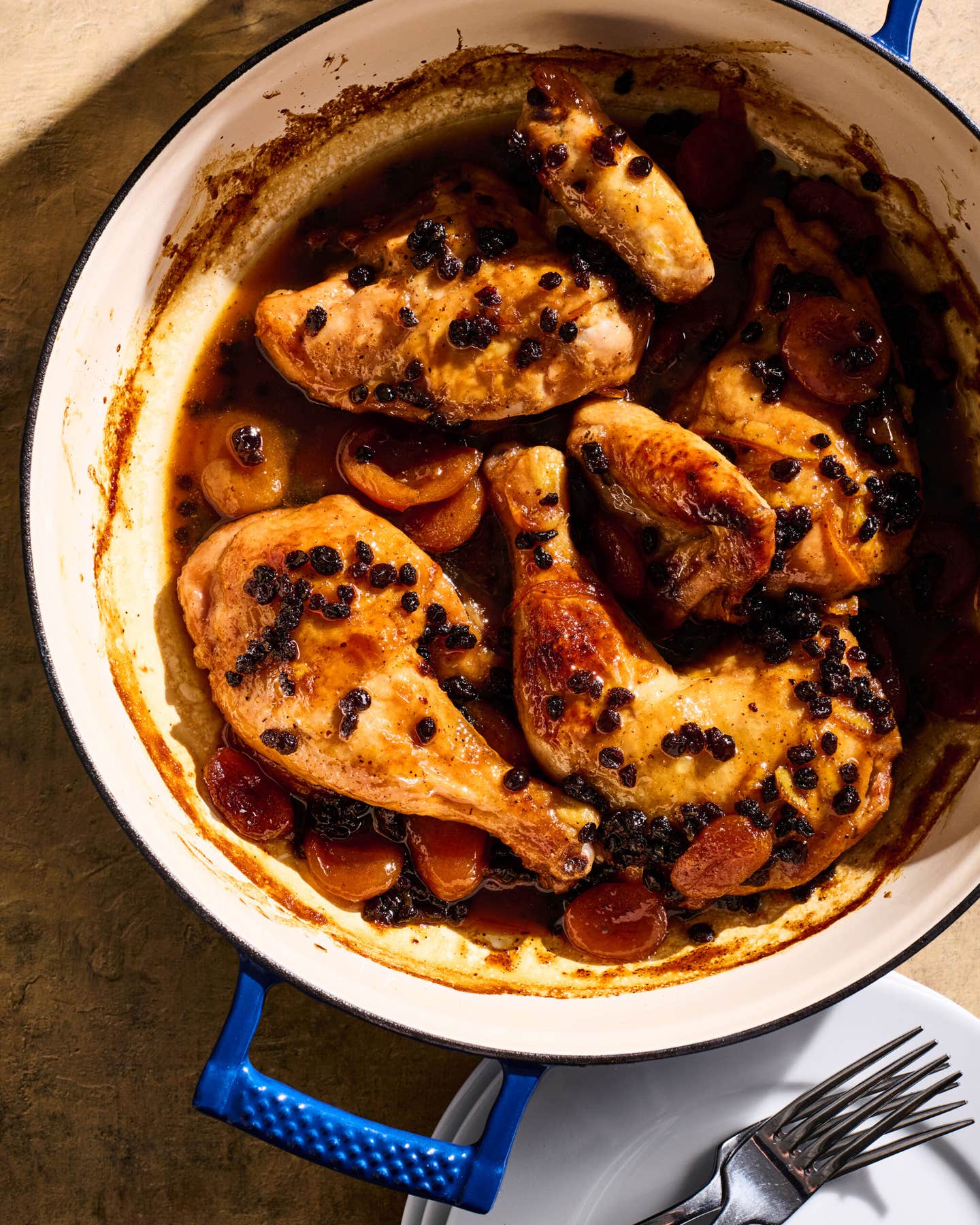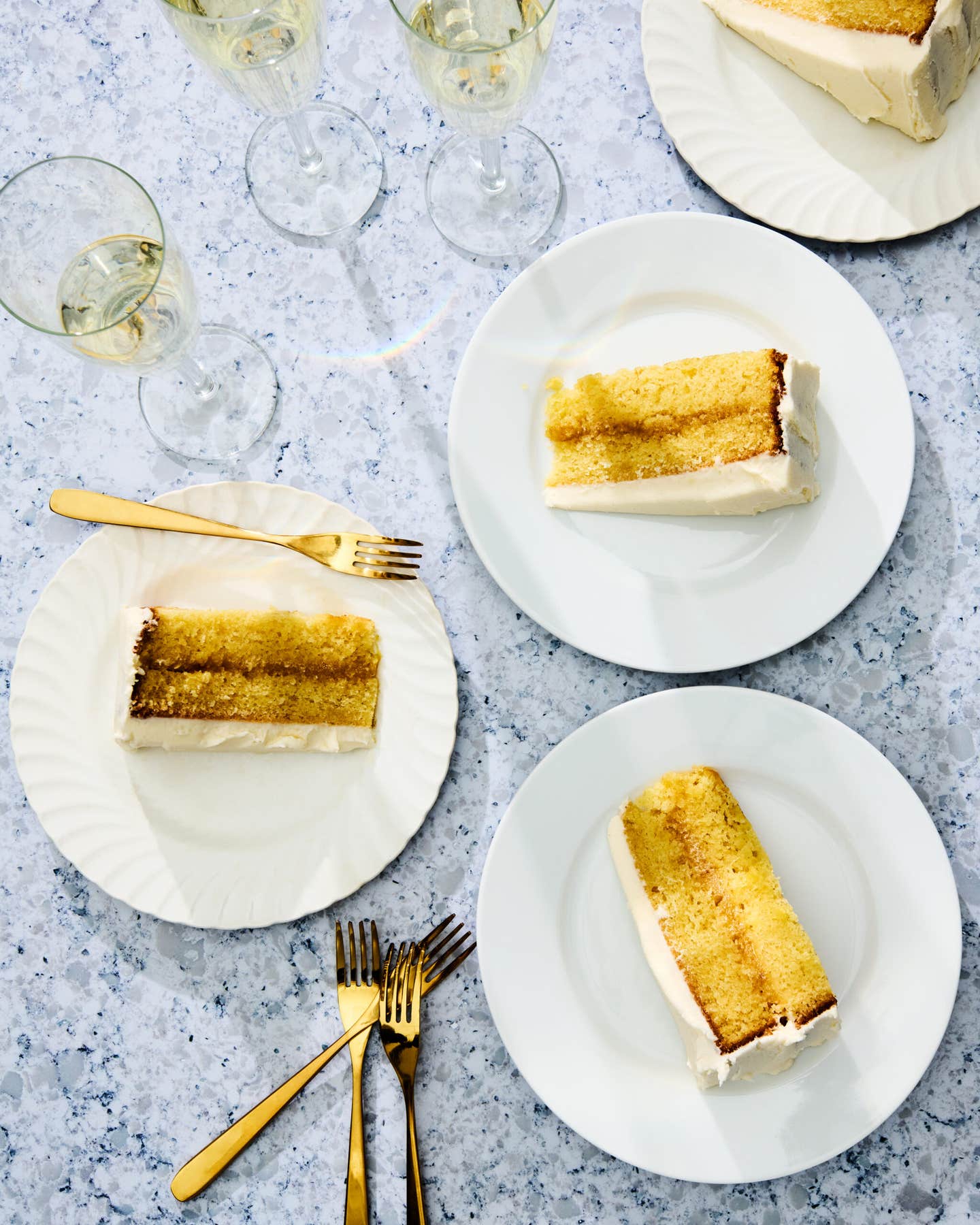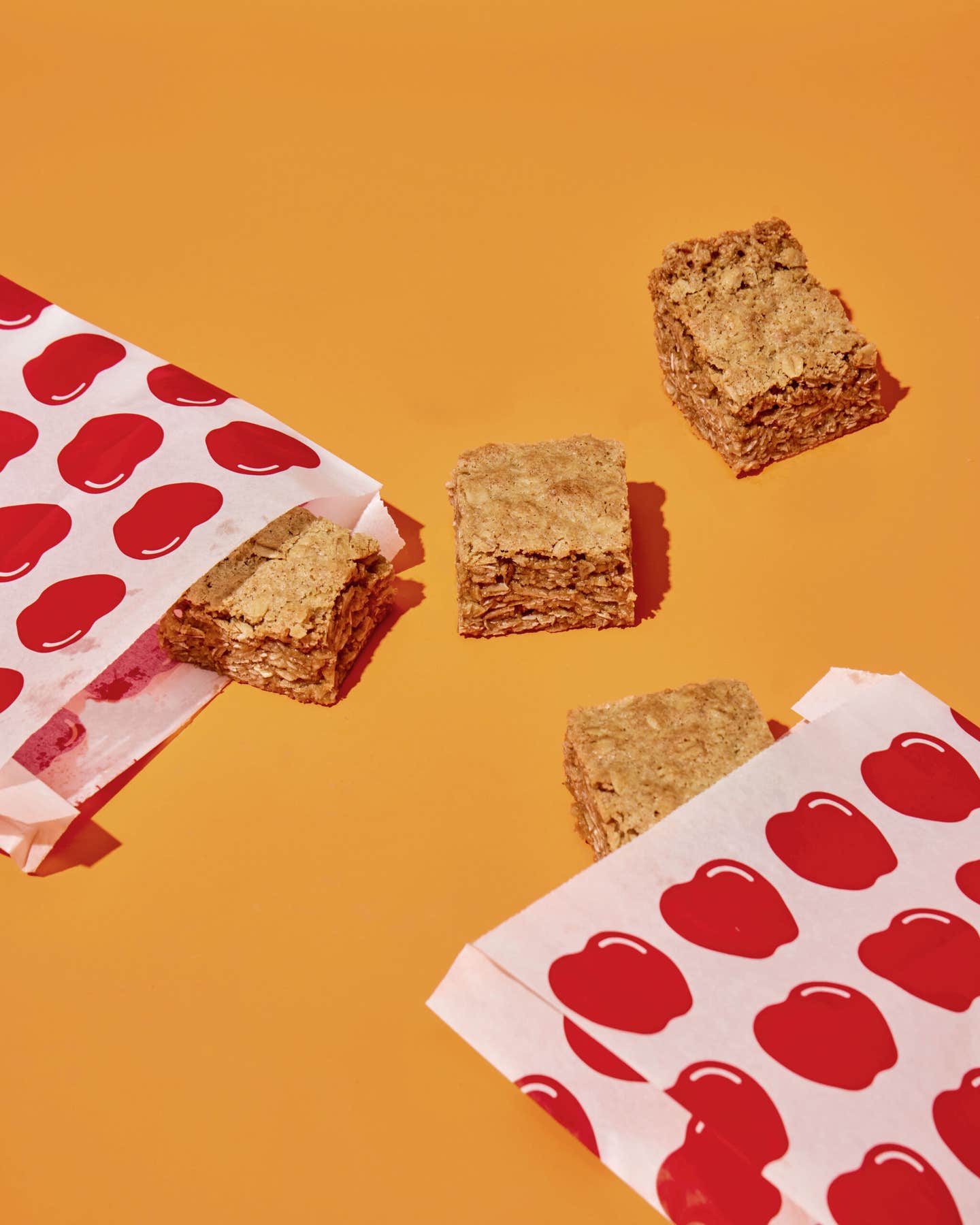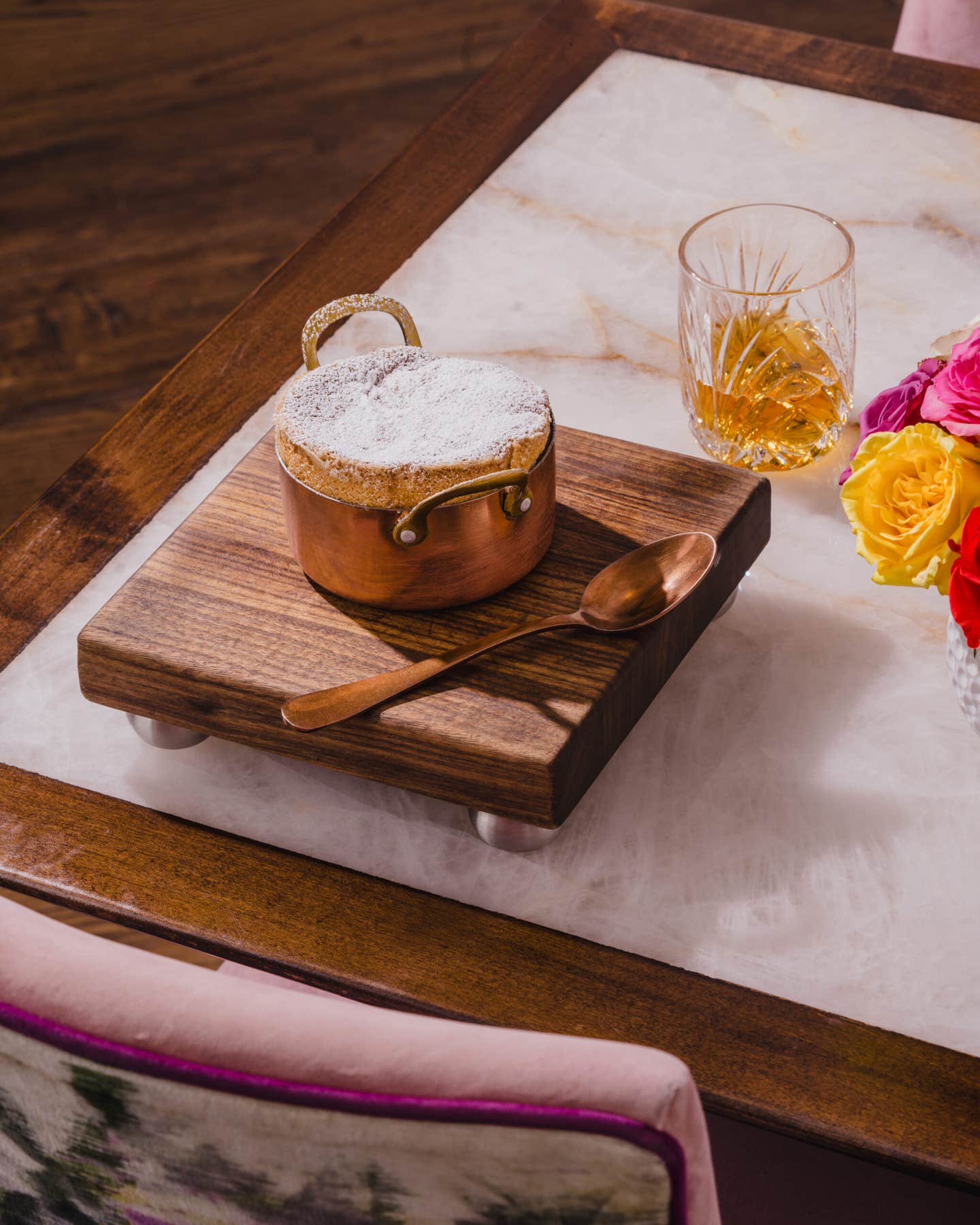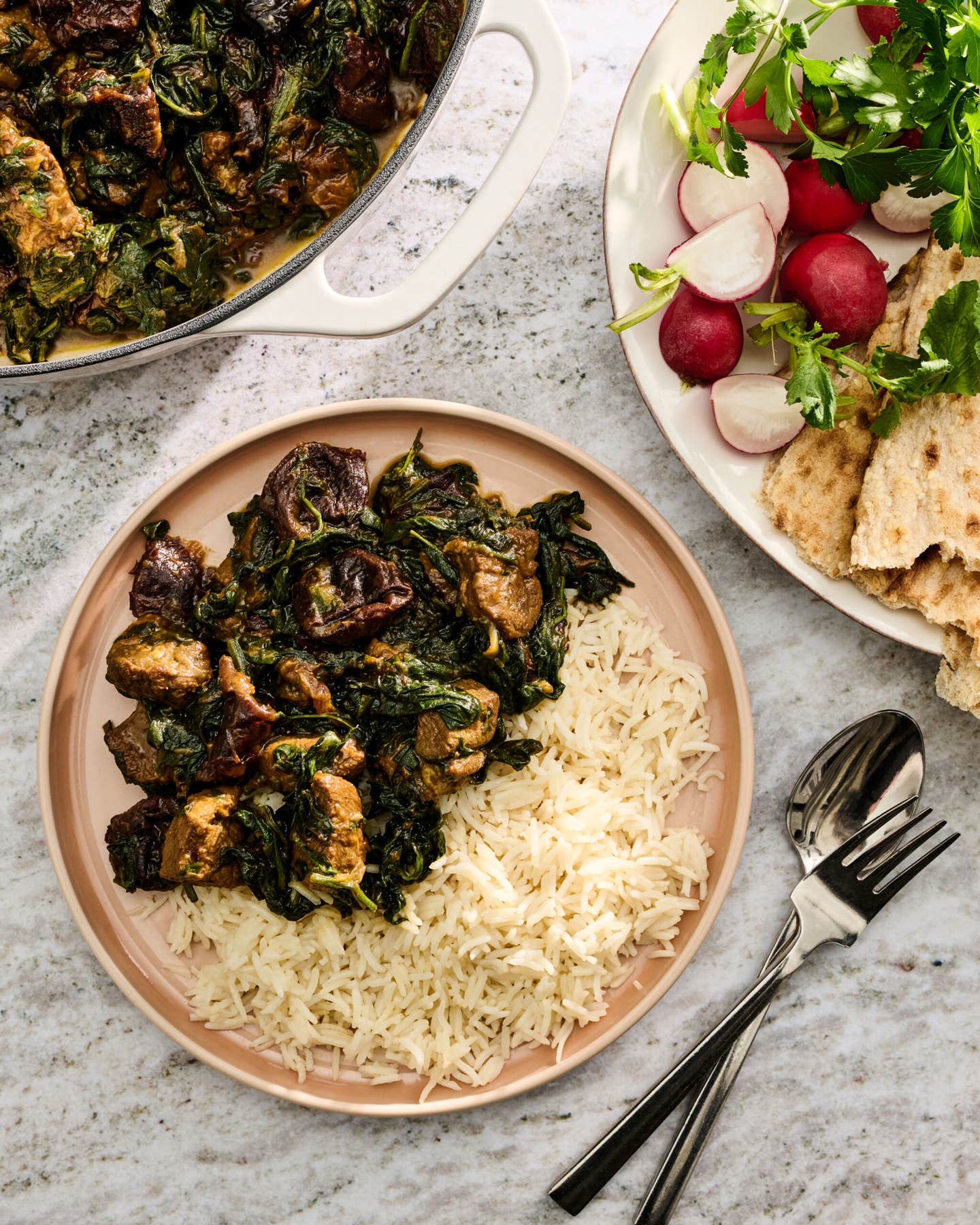
Good Beans
When we read the recipe for frijoles a la charra--norteño-style slow-simmered pinto beans—given to us by the Texas cookbook writer Melissa Guerra, we did a double take. Guerra doesn't call for soaking the dried beans overnight, or even for an hour or two, before cooking them. Not only that, but her recipe also told us to add salt to the cooking water. We'd always honored the convention that dried beans should be soaked so that they soften before they're cooked, and we'd taken it on faith that salt in the cooking water will cause the beans to toughen. But when we went ahead and made the dish, the beans came out beautifully: plump, tender, and neither crunchy nor mushy.
Curious, we decided to experiment by varying Guerra's recipe. Here's what we found out: soaking dried beans overnight is fine, and even good, in that it reduces the cooking time by at least a quarter, but if you have the time for a longer simmer, then soaking isn't necessary. As for the quick-soaking method—i.e., bringing the beans to a boil and then letting them sit for an hour—we found that an hour in warm water made virtually no difference in the cooking time, so go for either the overnight soak or none at all. And the salt? Adding it didn't change the texture of the beans or alter the cooking time, so salt as freely as your taste dictates. A final revelation: for one version we tried, we removed the tomatoes and noticed that the beans cooked a lot faster. Acidic ingredients, it turns out, slow down the cooking process dramatically. Who knew?
Keep Reading
Continue to Next Story
